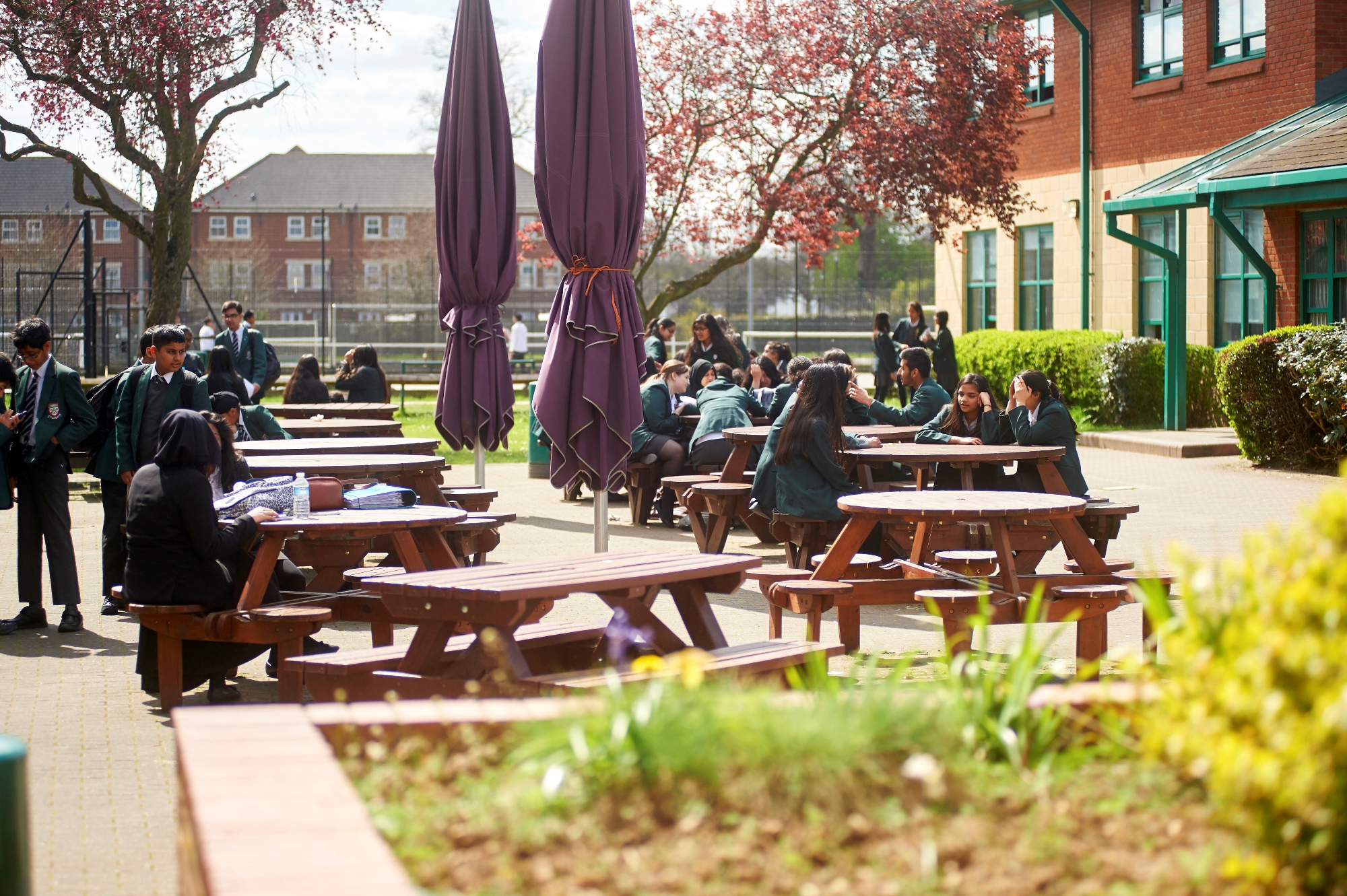Raising concerns
Staff at Langley Grammar School are committed to providing the best possible education for our students. We recognise the importance of maintaining good relationships with parents, carers and the wider community.
We welcome suggestions and comments from parents which may help us improve the educational experience for all our students, and we take seriously any concerns or complaints which may arise. We try our best but we know that we will not always get everything right - mistakes can be made and misunderstandings can occur.
We aim to listen and to ensure that issues are resolved as quickly as possible.
What do I do if I have a concern?
If you have a concern that you want to talk to us about, the best thing to do is to raise it informally and directly with the most appropriate member of staff. For example this might be your child's form tutor, phase leader or subject teacher for pastoral or subject-related issues.
The best way to do this is to email school@lgs.slough.sch.uk with details of your concern and the person you would like to speak to. If you are not sure who you need to speak to, simply ask for the issue to be followed up. Your email will be read by the headteacher's PA Mrs Cheyne and then sent to the most appropriate person to deal with the issue.
I've tried raising my concerns, but I am not satisfied. What can I do?
If you have raised your concerns informally, but you are not satisfied with the response you have received, you may make a formal complaint. The school's formal complaints policy can be accessed through the link below. There is also a form which is helpful to structure the complaint.
Formal complaints are dealt with by the headteacher, who would normally ask another senior member of staff to investigate the issue and report back as soon as possible. The headteacher would then write to you with a response to the complaint. If your complaint is still unresolved, there are other stages which you can go through which involve the governors - please refer to the policy for further details.
Things that are not helpful.....
We understand that raising concerns or making a complaint may be a stressful experience and that parents may be worried about the impact on their child. However, it is important that any issues are addressed and where possible resolved to everyone's satisfaction in a considered and professional way which maintains positive relationships.
There are some things that are definitely not helpful in resolving issues in an amicable and civilised way, and we would respectfully ask parents to note the following points.
- Our front-line staff such as our Receptionist or the Student Support team need to be treated courteously and with respect. On rare occasions, we have had parents being rude to staff members who are only trying to do their job - this is not acceptable and will not be tolerated.
- Staff with responsibilities such as phase leaders or subject leaders are also busy teachers and are unlikely to be able to respond immediately to an issue unless it is very serious. Please be patient and staff will respond as quickly as they can - demanding an instant response is not helpful.
- Senior staff such as the headteacher, deputy headteachers or the Director of Sixth Form are not available on demand. If they need to be involved in an issue, an appointment can be made by contacting the headteacher's PA, Mrs Dionne Cheyne, by email to school@lgs.slough.sch.uk or via the school Reception on 01753 598300.
- Threatening to take the matter to Ofsted, the local council or the MP is definitely unhelpful. Ofsted would only consider a parent complaint if the school's own complaints system has been properly followed first.
- It is helpful to retain an open mind and a sense of perspective. For example, please do not automatically assume that your child's version of events is always 100% accurate! Children do not always behave and talk at school in the same way they do at home....
In general, the school will not respond when issues are raised in a way which is abusive, offensive, or threatening. If this happens, the person raising the issue will be invited to rewrite or rephrase their concern in a less confrontational way before it is considered.

